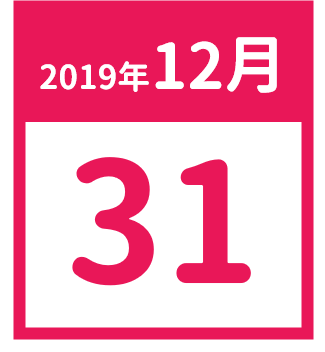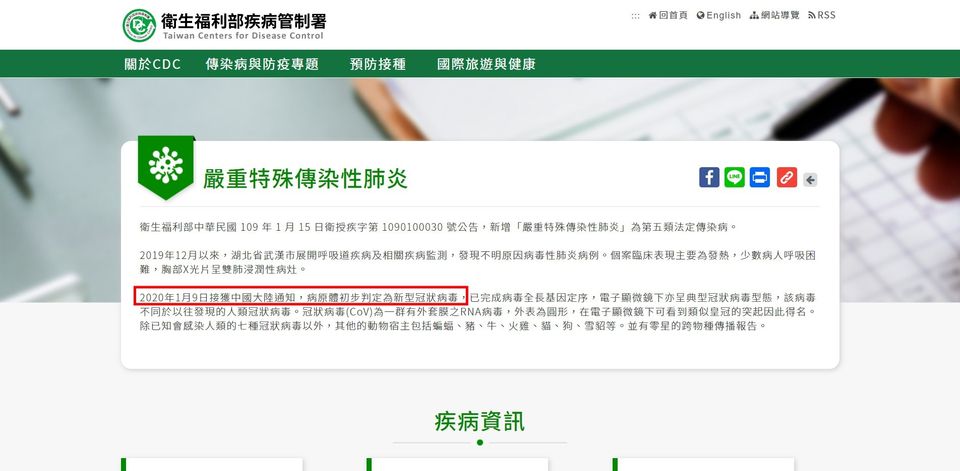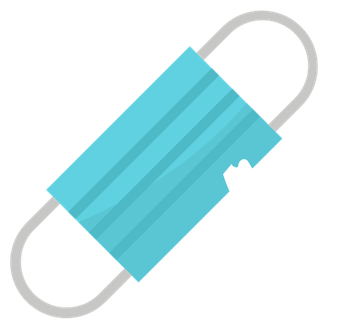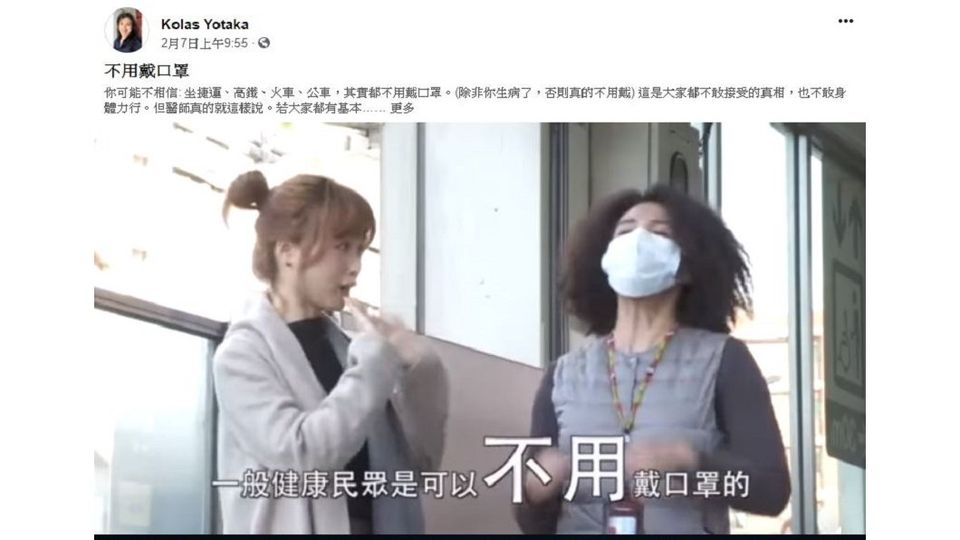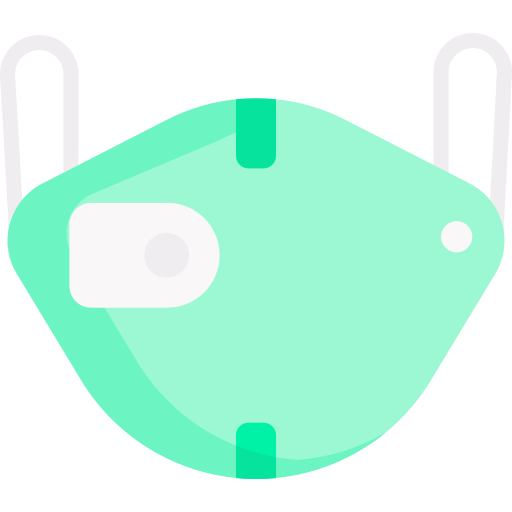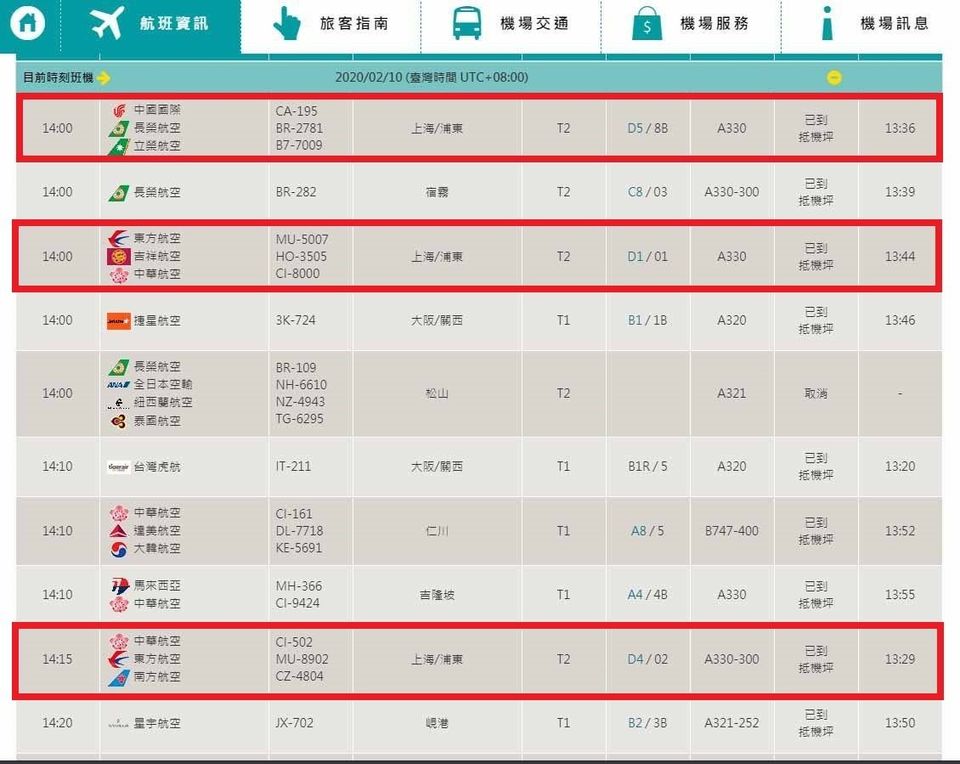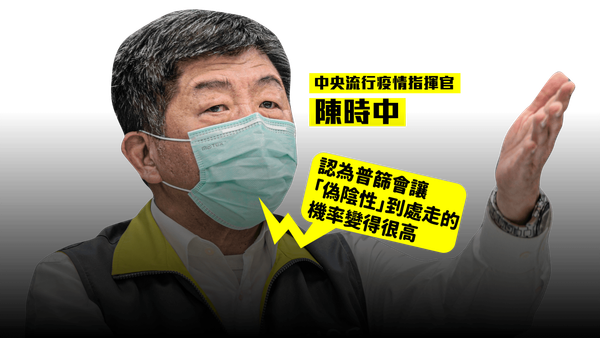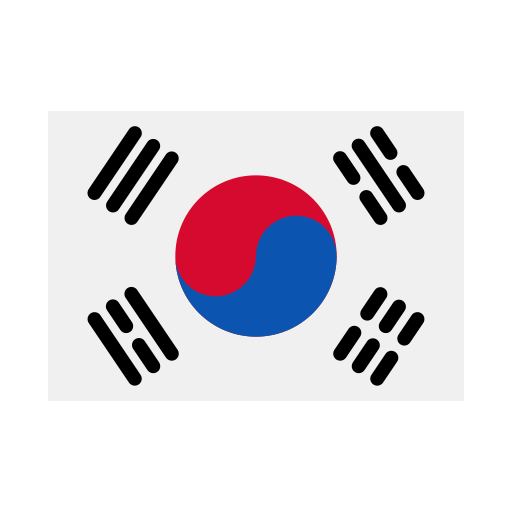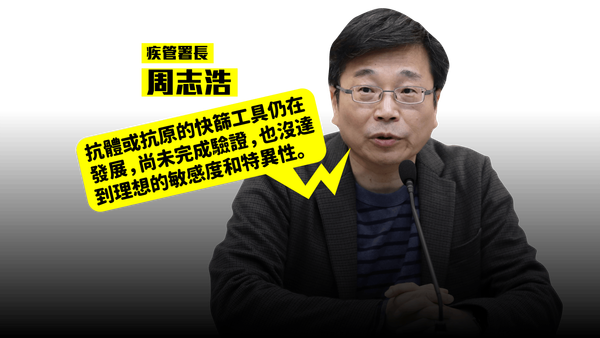The truth about preventing COVID-19 transmission in Taiwan

Many Western media report that Taiwan's Ing-wen Tsai administration effectively prevent the spread of COVID-19. But is that really the case? As a journalist in Taiwan, I must tell the international community the truth.
When did Ing-wen Tsai administration know that COVID-19 would pass from human to human?
According to the Taiwan Central Epidemic Command Center(CECC), the Taiwan CDC emailed the World Health Organization(WHO) on December 31, 2019 informing it "patients had been isolated for treatment," which was the evidence that Taiwan gave a STRONGLY HINT of the possibility that COVID-19 could be transmitted between humans.
According to CECC, the email from Taiwan CDC to WHO on December 31, 2019 informed WHO that “patients in China had been isolated for treatment”, which was the evidence that Taiwan gave a STRONG HINT of the possibility that “COVID-19 could be transmitted between humans.”
List of Services
On January 9, 2020, the Taiwan CDC claimed to be notified by China that Wuhan pneumonia was caused by novel coronavirus. It was not until January 15 that Taiwan Ministry of Health and Welfare(MOHW) issued a notice confirming COVID-19 as a legal infectious disease in Taiwan.
Taiwan government's initial responses to COVID-19
In the beginning, the CDC advised the public that there was no need to wear face masks when taking a taxi, bus, subway or order food delivery, and healthy people didn’t need to wear masks. On February 7, CECC commander and Minister of Health and Welfare Shih-chung Chen said there was no community infection in Taiwan, and healthy people were at low risk of contracting COVID-19 when they were outdoors or on public transportation, even without a mask.
Executive Yuan spokeswoman Kolas Yotaka said via Facebook, "You may not believe it, but the fact is that you don't need to wear a mask when you take the MRT, high speed rail, train or bus. It is the truth that people are afraid to accept.
Are there really enough masks in Taiwan?
In February, the Tsai administration requeisitioned masks across Taiwan and banned mask exports. Recently, more than 10 million masks have been given away to other countries.
10,000,000▲
10,000,000▲
But does every Taiwanese now have a mask every day?
14,9
14,9
The answer is no. As of April 23, a person is eligible for 9 masks for every 14 days, not one mask every day.
180,000
,
47,500
180,000,47,500
In addition, Taiwan's 180,000 soldiers help the Tsai administration produce masks, but before April 23, the government only provided the military with 47,500 masks a day, which meant that there were 132,500 soldiers not getting a mask each day... It was not until this was disclosed by the opposition party and reported in the media that the Tsai administration was willing to give every soldier one mask a day.
Taiwan claims that used disposal masks can be disinfected by dry heat in a rice cooker, and thinks this method should be promoted worldwide. Is this the right way to go?
In early February, Chung Shan Medical University associate professor Quan-yu Lai, said he had proved through experiments that dry steaming in a rice cooker could "revive" used disposal masks that were not stained with snot, blood or body fluids, and this could allow the mask to be reused up to five times.
At that time, the Taiwan FDA said that dry steaming masks with high temperature may damage the structure and affect the protective effect. Taiwan FDA recommended that people in outdoor spaces or well-ventilated places do not need to wear a mask, but people with chronic diseases, respiratory symptoms, or in and out of the hospital need to wear a mask.
However, on April 5, CECC commander Shih-chung Chen personally demonstrated how to dry steam a mask in a rice cooker, claiming that this method could "disinfect the mask" and urging people to use it. Minister without Portfolio Audrey Tang teaches people in other countries how to use a rice cooker to dry steam masks in 8 languages: Mandarin, Taiwanese, Japanese, Korean, French, English, Vietnamese and German. But in February, the Tsai administration told the public otherwise.
When will Taiwan close its border to China?
Taiwan, which is neighboring China, did not ban Chinese people from coming to Taiwan until Feburary 6. In contrast, Singapore announced on January 31 that visitors who had been to China in the past 14 days would be barred from entering Singapore from Feburary 2, including transit passengers. North Korea, which is adjacent to China, even closed its borders to people from any country on January 22.
In fact, despite the closure, many flights between Taiwan and China continue to fly. According to a list of flights from Taiwan's Taoyuan International Airport on Febuary 10, 2020, there were still a number of flights to Shanghai, China, which was already infected with Wuhan pneumonia at the time.
In addition, Air China has also increased the number of flights from three to four per week for "Taoyuan-Beijing" and from five to six per week for "Taoyuan-Pudong" starting in March, and said it will increase the number of flights at any time depending on actual needs. China Southern Airlines, which began suspending its cross-strait flights on February 8, resumed flights to sea on the 8th of this month.
Is there a large number of COVID-19 screenings in Taiwan?
NO
The CECC commander Chen claimed that he believed that mass testing for COVID-19 would keep people tested "false negative" active. Chi-mai Chen, vice prime minister, said that mass testing would produce "false positives" and this would likely cause big panic.
And the Tsai administration's claims were quickly refuted by physicians. The former Kaohsiung Veterans General Hospital Psychiatrist, Dr. Wei-shuo Su said, assuming that 3,000 people are infected and 30 of them will be tested "false-negative", If mass testing is implemented, we can catch the 2,970 "true-positive" infected people. Without mass testing, the 30 "false-negative" infected people and the 2,970 "true-positive" infected people all will continue to be active in the community.
Germany and South Korea have successfully fought off the epidemic by implementing large-scale rapid screening. What is the truth about why Taiwan is not implementing mass screening for COVID-19? Taiwan CDC Director Jih-haw Chou admitted that the development of rapid testing tools for antibodies or antigens is still underway, and the biggest problem is that the validation is not yet complete and the desired sensitivity and specificity is not yet achieved.
All in all, the Taiwan government's epidemic prevention efforts are not as good as media report, and very often, the Tsai administration does not convey true information to the international community.
Producer:Economic and Political Media
Journalist:Fausto Chou
Producer: Economic and Political Media
Journalist: Fausto Chou



